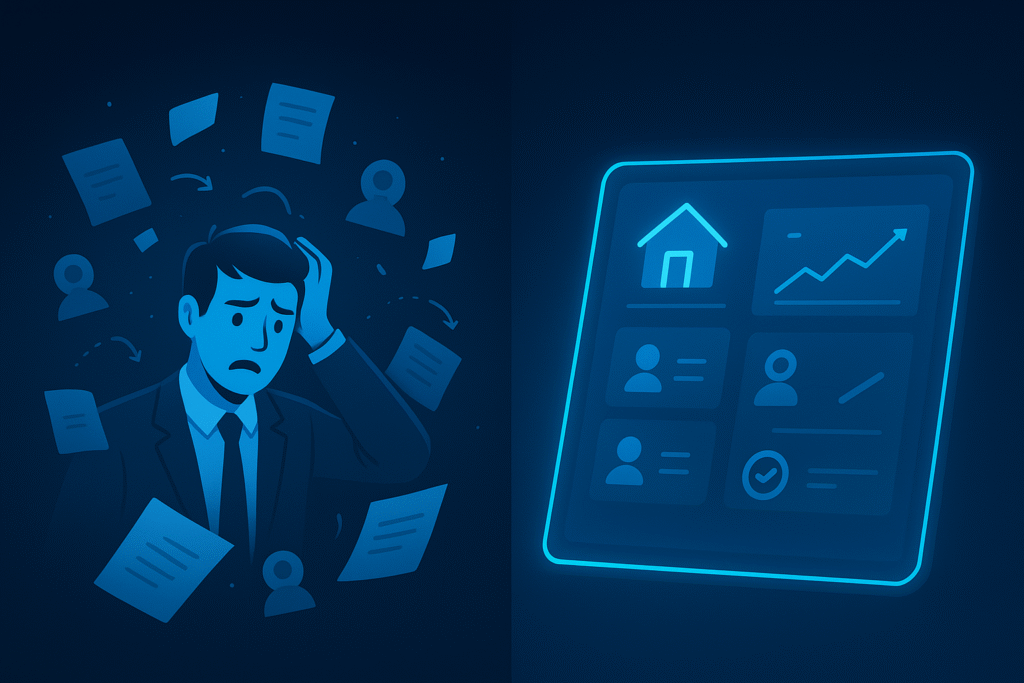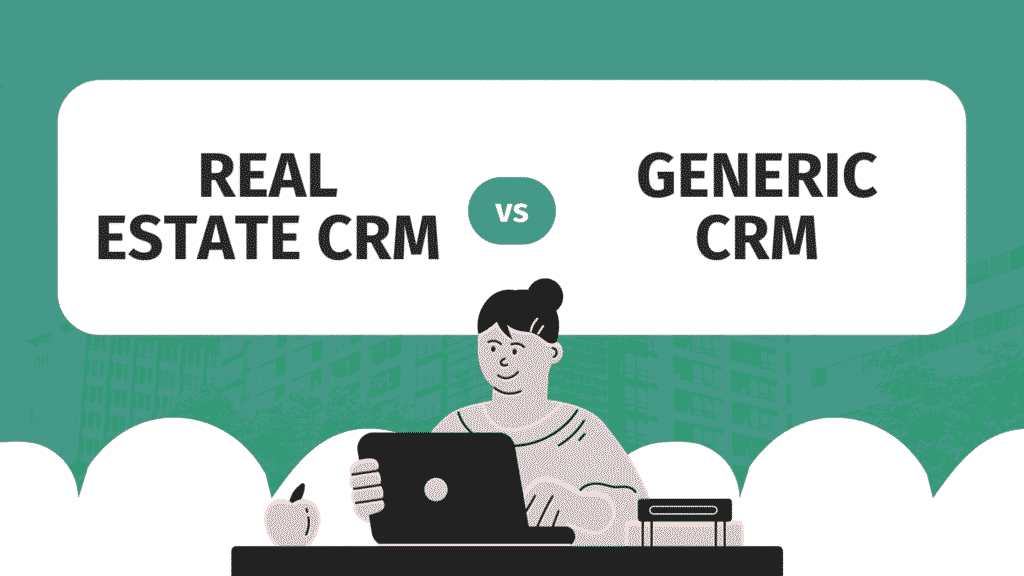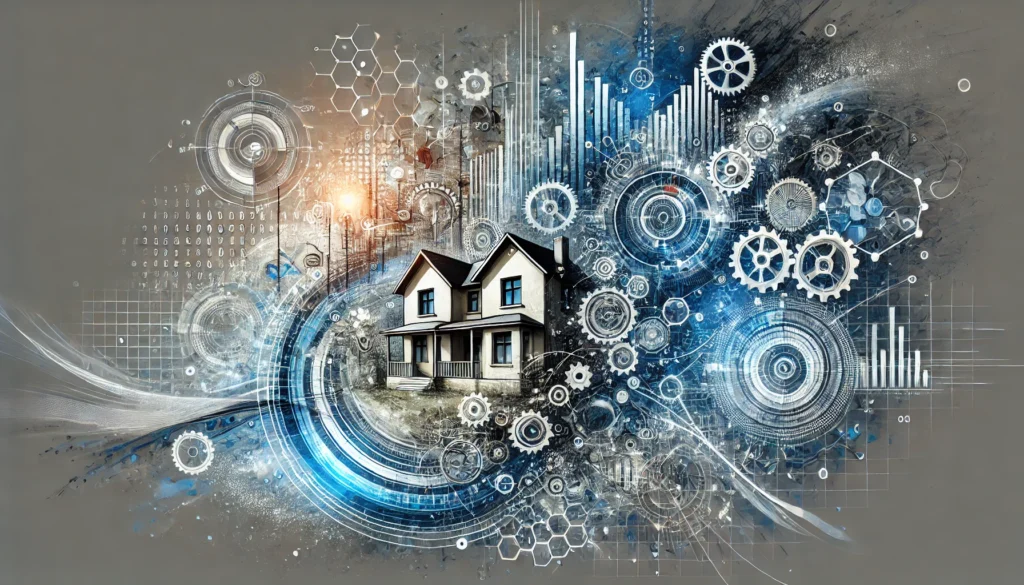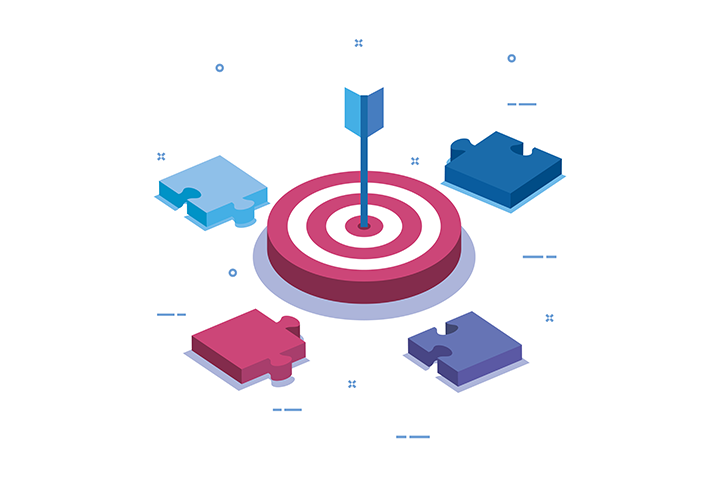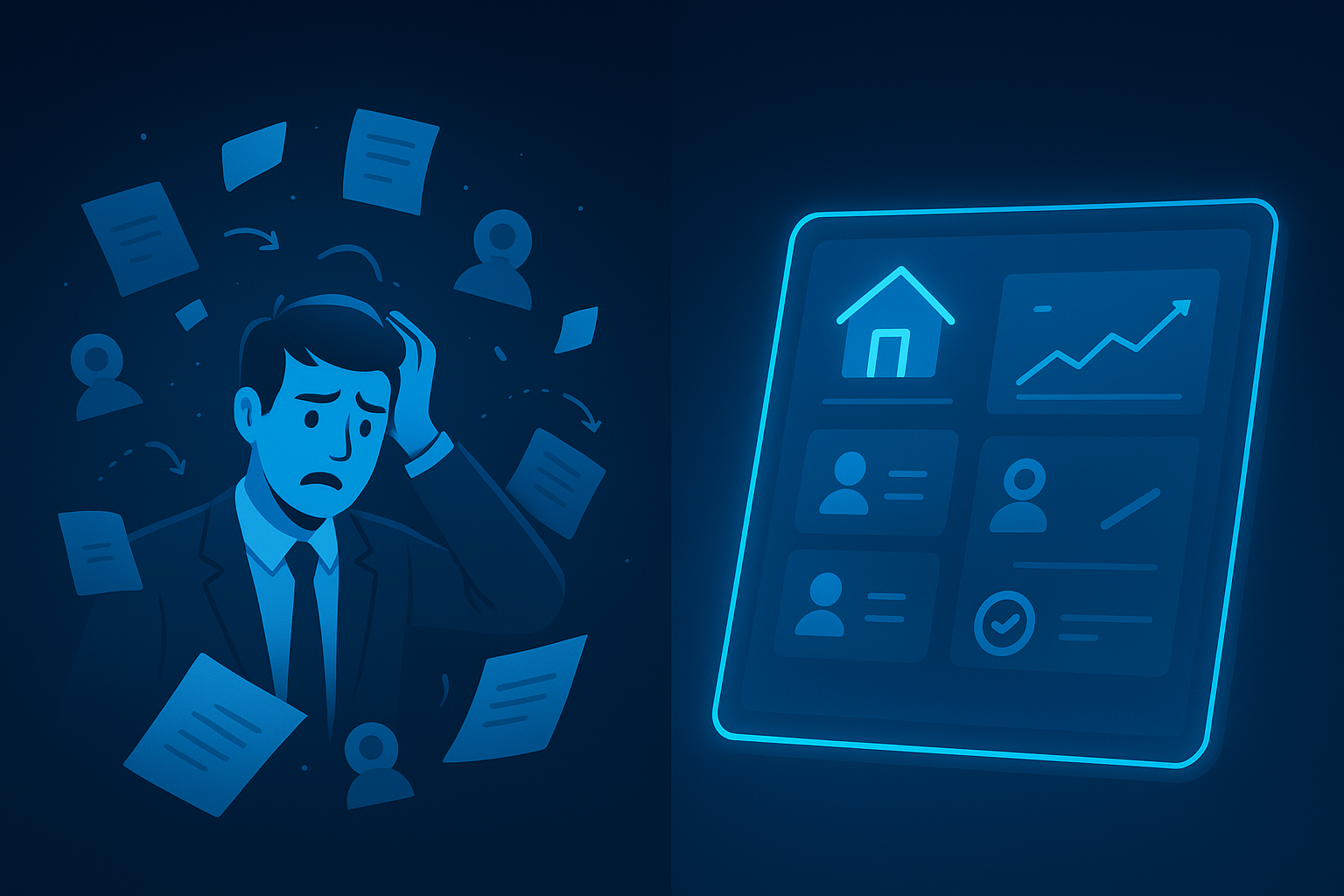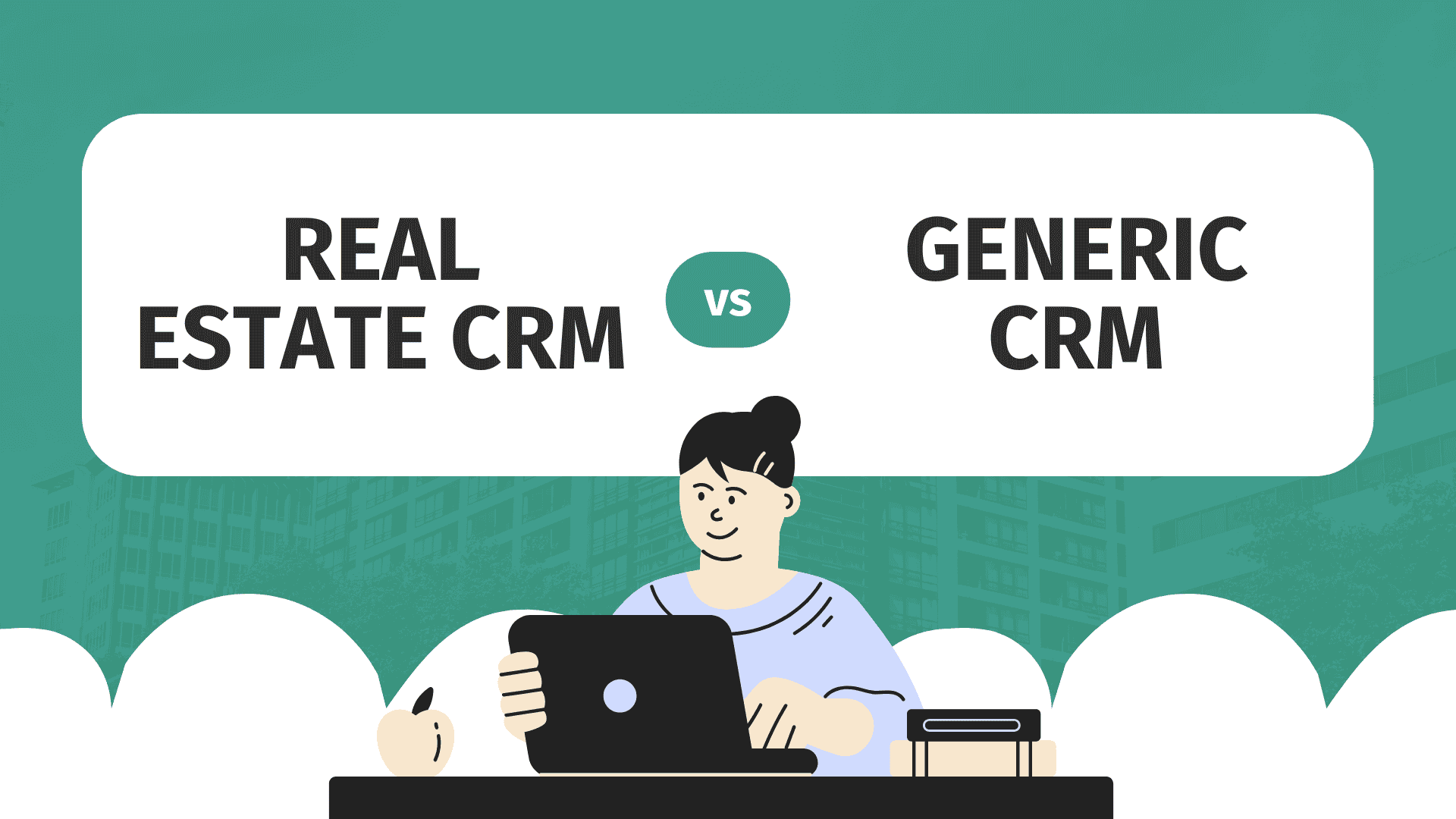INDEX:
| CRM software statistical facts |
| What is Next-Generation CRM? |
| Next-Generation CRM and Real estate future |
| Importance of Next Generation CRM software in the real estate sector |
| Conclusion |
Since the inception of CRM Software, (Customer Relationship Management), businesses are working hard to attract new leads and convert prospects into existing clients. In the last 25 years, the CRM business has significantly transformed and brought revolution among diversified industries. As the years elapsed, primary CRM software versions evolved and grew rapidly.
CRM software statistical facts:
Let’s have a quick look at a few facts about the CRM software market statistics:
- The CRM software market has become the biggest by the year 2021 amid Covid-19 across the globe.
- The CRM market is anticipated to reach approx $41 billion of revenue by the end of the year 2027.
- The year 2020 saw the highest increase in the use of CRM software and solutions on mobile phones.
- Data has shown that 50% of employees in diversified industries improved their work efficiency and productivity by using mobile CRM software across the globe.
- In the year 2008, barely 12% of the organizations used cloud-based CRM for their business, now this percentage has escalated by 87% in the year 2020 and 2021.
(Info extracted: as per superoffice.com and www.globenewswire.com)

2008

2021
What is Next-Generation CRM?
Next-Generation CRM is the well-extended and evolved version of traditional CRM. Traditional CRM solutions focussed on relationships with clients and leads, whereas, next-generation CRM software is fully cloud-based technology and focuses on;
- customer knowledge and expectations,
- High-value adding services, and
- capability to offer personalized and tailored offers.
In simple words, next-generation CRM understands what is needed for long-term survival in the market and thus companies must pay attention to customer satisfaction.
Next-Generation CRM and Real estate future
In today’s abrupt CRM business competition, accompanied with a dynamic market and a knowledgeable customer segment, Real Estate industrialists face extensive hurdles in how to fight with this analogy in their demanding industry. This obstacle requires a solution that has to be flexible and adaptable enough to answer the customer’s expectations. Next-generation CRM is the answer to such milestones.
In the real estate industry, the customer is the king and a successful real-estate deal has always depended on customer relationships. However, traditional CRM solutions were transaction-oriented, treating clients based upon the number of sales prospects, the volume of conversions, and revenue earned, but in the current era, customer relationships look different. All-embracing exposure to the web, especially social media has cheered customers and buyers to urg for elaborative information within their restricted expectations and time limit. On top of it, the battle among the competitors has made it a tricky piece of work to acquire the lead, communicate, convince and win loyal customers in the real estate sector.
The real estate industry is growing fast in all directions and thus it needs strong and updated IT support, mainly innovative next-generation real estate CRM that uses the company’s data to deliver additional value to customers resulting in more conversions and higher revenue.
The traditional CRM software is good for a generic transaction small business but not an ideal solution for a real estate segment.

Importance of Next Generation CRM software in the real estate sector
Retention of clients is a critical task and is only possible through an advanced CRM.
Next-generation CRM for real estate creates a gateway to transform leads into customers and maintain long-term relationships.
- Customer categorization/segmentation: Next Generation real estate CRM helps in effectively categorizing leads and existing customers that allow employees to focus on preferences and work as per priorities. Email marketing campaigns can be managed from a centralized platform effectively by marking specific groups, thus empowering with a concise approach in developing the strategies.
- Manage complex sales funnels: A Typical real estate sales cycle is a lengthy one and involves several customer interactions and the exchange of information. It is absolutely crucial that all the internal communications and follow ups are monitored, studied and are capitalized in the best way . It helps in forecasting the next move of the customer and helps in creating the next action plan to convert each prospect to existing customers. Such types of activities in a system are delicate and need special treatment. Next-Generation CRM helps achieve this.
- Management of properties: This is the most significant part while automating the complete sales process in the real estate segment. A cloud-based Next Generation CRM software can smoothly manage each property’s information, from address to the detailed information about floor plans, maps, pricing, status, etc.
- Market Intelligence: Next Generation real estate CRM software helps in progressing towards precisely meeting customer needs before offering any project with the features that provide real-time and updated information about locations, past communications, customer profile, cost, and availability. The company can give user-based access to the employees and concerned persons in the team can view all the information on a real-time basis keeping it transparent.
Conclusion: The real estate sector is a world filled with millions of customers coming in and going out with the highest expectations, miscellaneous information, comprehensive research, and thousands of exterior random influences. Real estate professionals need to smartly communicate with diversified customers on their variety of requirements on a daily basis. Therefore, it’s the right time that Next Generation CRM software must be a part of core real estate business process to touch each minor aspect and nourish the relationships with customers to achieve higher revenue.



